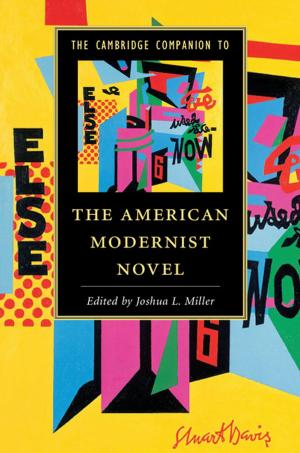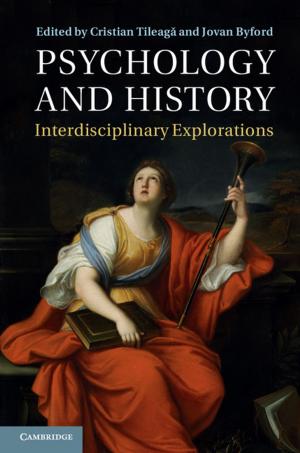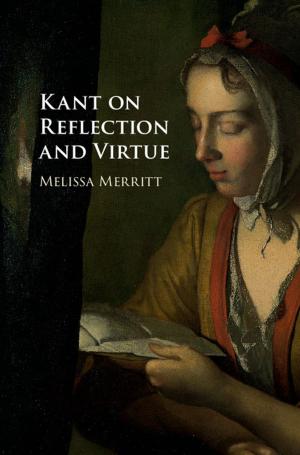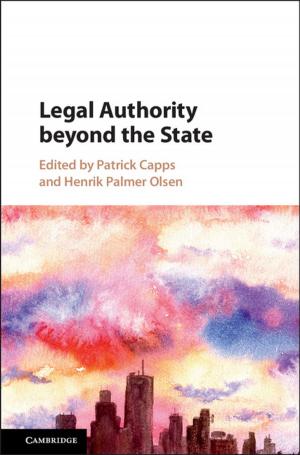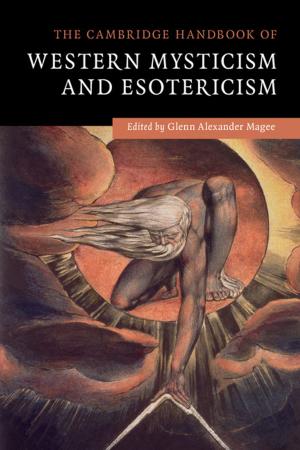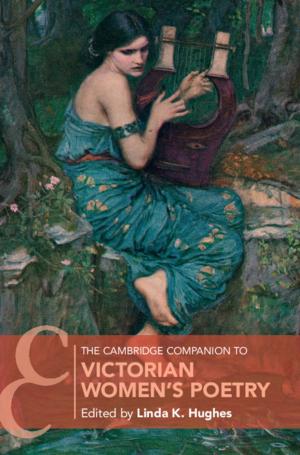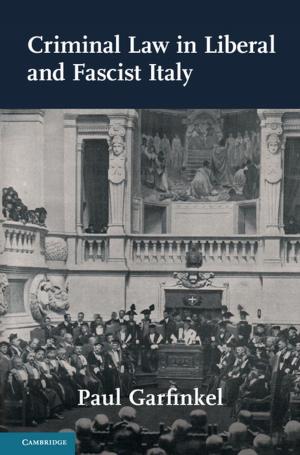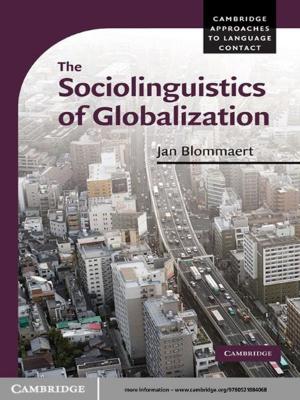Bloomsbury, Modernism, and the Reinvention of Intimacy
Fiction & Literature, Literary Theory & Criticism, British, Theory| Author: | Jesse Wolfe | ISBN: | 9781139209656 |
| Publisher: | Cambridge University Press | Publication: | June 16, 2011 |
| Imprint: | Cambridge University Press | Language: | English |
| Author: | Jesse Wolfe |
| ISBN: | 9781139209656 |
| Publisher: | Cambridge University Press |
| Publication: | June 16, 2011 |
| Imprint: | Cambridge University Press |
| Language: | English |
Bloomsbury, Modernism, and the Reinvention of Intimacy integrates studies of six members and associates of the Bloomsbury group into a rich narrative of early twentieth century culture, encompassing changes in the demographics of private and public life, and Freudian and sexological assaults on middle-class proprieties Jesse Wolfe shows how numerous modernist writers felt torn between the inherited institutions of monogamy and marriage and emerging theories of sexuality which challenged Victorian notions of maleness and femaleness. For Wolfe, this ambivalence was a primary source of the Bloomsbury writers' aesthetic strength: Virginia Woolf, D. H. Lawrence, and others brought the paradoxes of modern intimacy to thrilling life on the page. By combining literary criticism with forays into philosophy, psychoanalysis, sociology, and the avant-garde art of Vienna, this book offers a fresh account of the reciprocal relations between culture and society in that key site for literary modernism known as Bloomsbury.
Bloomsbury, Modernism, and the Reinvention of Intimacy integrates studies of six members and associates of the Bloomsbury group into a rich narrative of early twentieth century culture, encompassing changes in the demographics of private and public life, and Freudian and sexological assaults on middle-class proprieties Jesse Wolfe shows how numerous modernist writers felt torn between the inherited institutions of monogamy and marriage and emerging theories of sexuality which challenged Victorian notions of maleness and femaleness. For Wolfe, this ambivalence was a primary source of the Bloomsbury writers' aesthetic strength: Virginia Woolf, D. H. Lawrence, and others brought the paradoxes of modern intimacy to thrilling life on the page. By combining literary criticism with forays into philosophy, psychoanalysis, sociology, and the avant-garde art of Vienna, this book offers a fresh account of the reciprocal relations between culture and society in that key site for literary modernism known as Bloomsbury.

